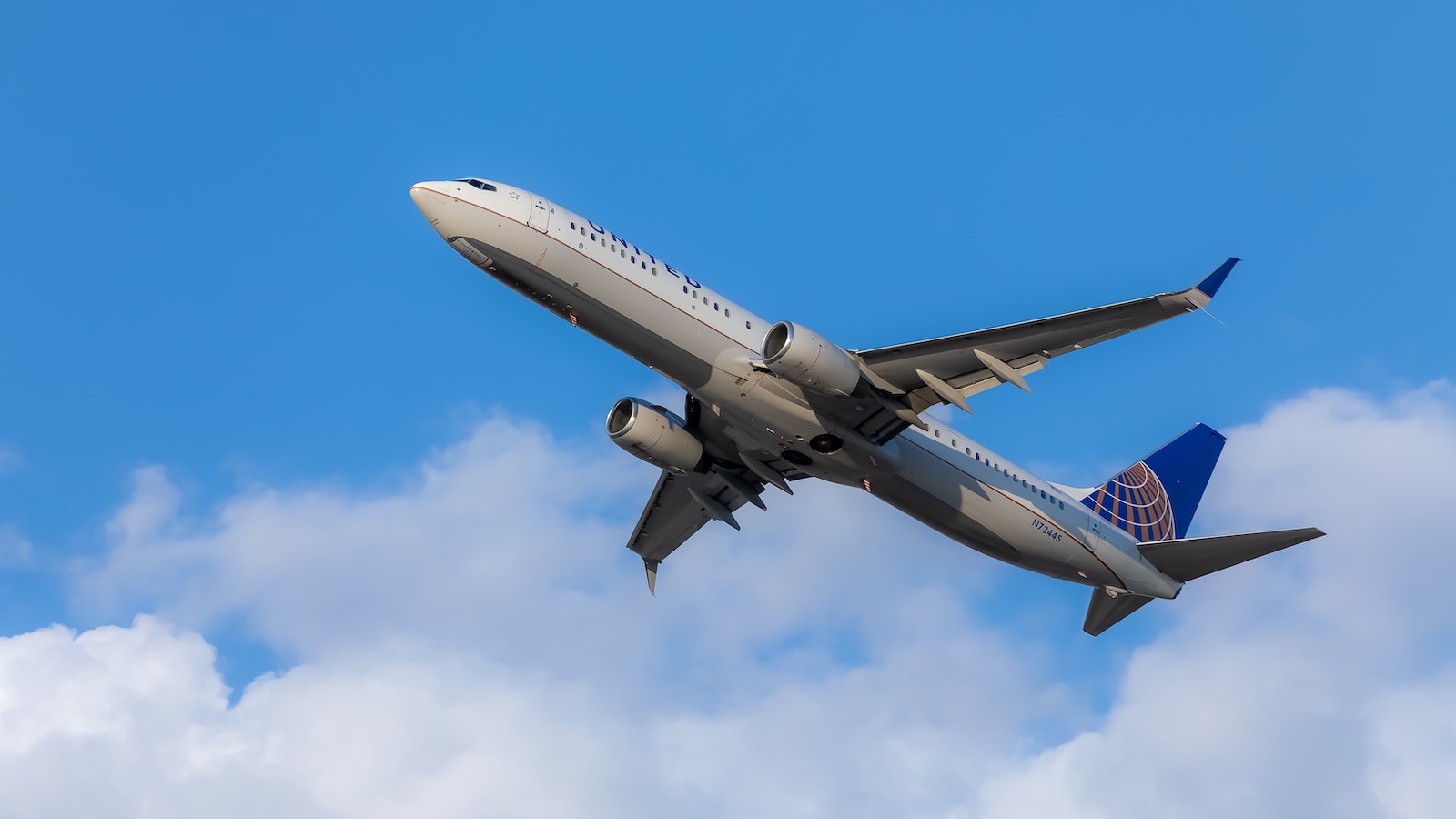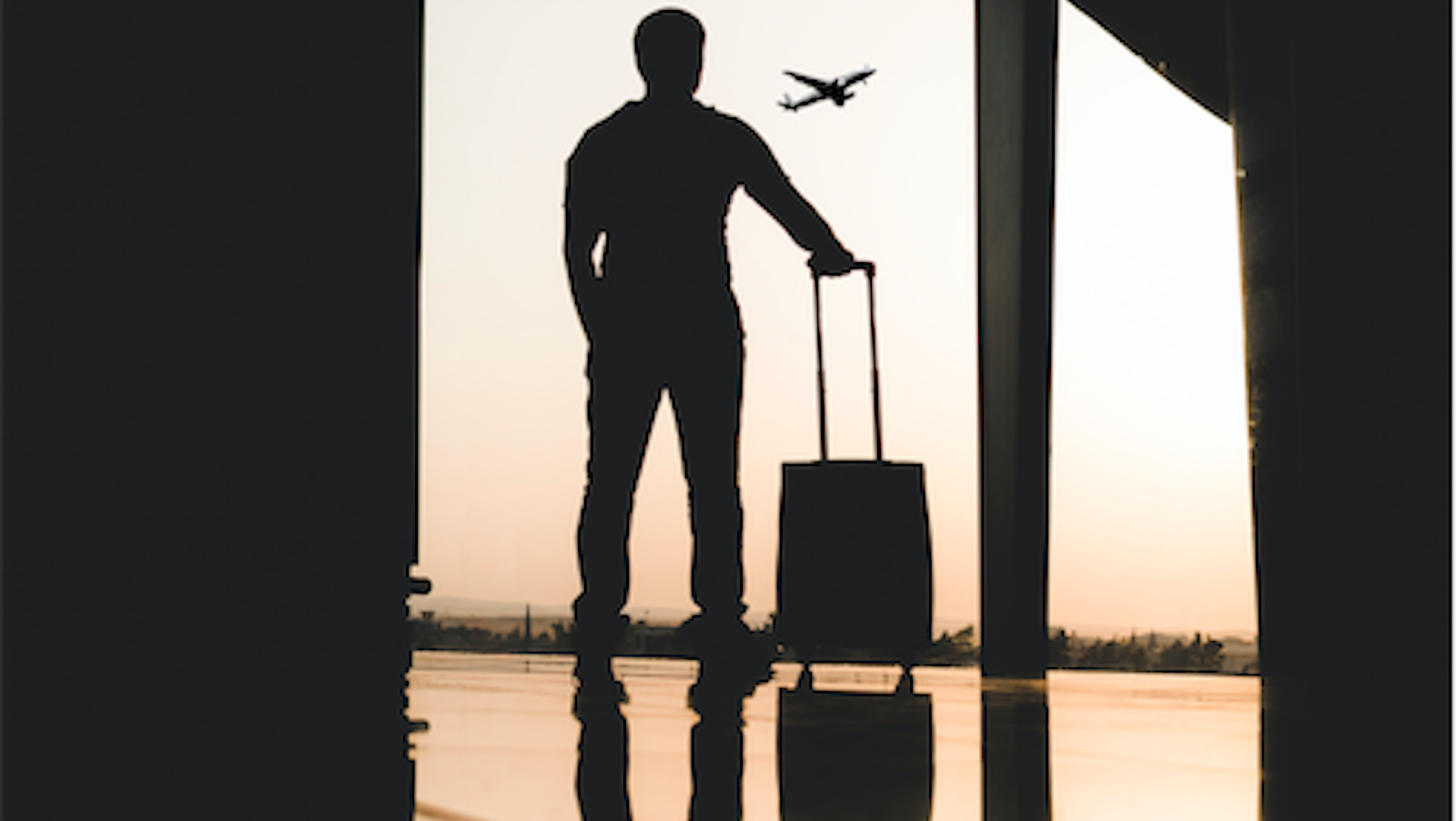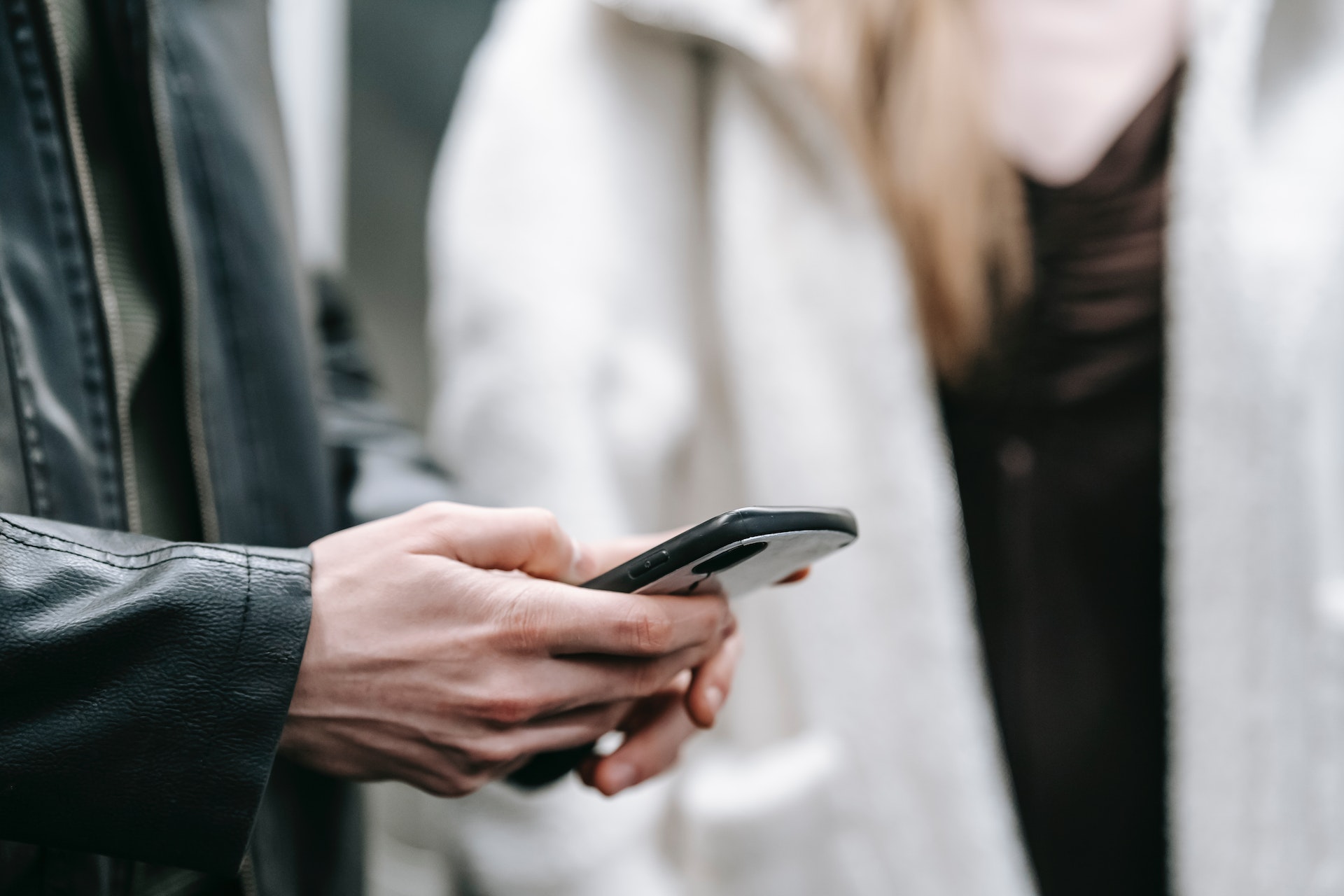
Airline travel tips you shouldn’t fly without
Planning ahead can save you time, money, stress

Airline travel has often been unreliable for years as the airlines struggled with post-pandemic staffing and logistics. Almost every airline has had at least one disastrous weekend with mass cancelations the last couple of years. We likely are past the worst, but it’s still best to plan for possible problems. Here are some suggestions to help save you grief on your next trip.
If you've already booked a flight, you should do five easy but important things:
Download your airline's app
This will help you get real-time notifications and communicate directly with customer service if needed. With an app, you don’t have to worry about stumbling across an imposter website online.
If you don’t want an app, do not just do an online search for your airline; you could end up on a scam website or mistakenly call a scam “customer service” number. This has actually happened!
Put trackers in your bags
So you can find your bags using your phone even if your airline can’t.
Know that you have rights
You have legal rights if your flight is canceled or significantly delayed, if your bag is lost or your wheelchair is damaged, if you’re bumped involuntarily or stuck on the tarmac.
When your flight is canceled for any reason, you’re entitled to a prompt refund if you want it. But you probably want rebooked at no extra charge, not a refund.
You have additional rights spelled out on the DOT’s passenger dashboard if the cancellation or delay was caused by the airline (such as staffing or equipment issues.) Six of the 10 largest airlines will rebook you on another airline at no charge.
Even the issue wasn’t the airline’s fault, all 10 will pay for meals and nine of the 10 will pay for hotels and ground transportation if a cancelled flight strand you overnight, if you ask.
Check where your plane is
You can often get a heads-up about a problem, or reassurance that everything is on schedule, by checking the day before or the morning of where your plane is coming from or where it is. Go to flightaware.com and search for the flight (don’t forget the airline abbreviation.) Find your time and route and go to the link “Where is my plane now?” You’ll see what city your plane is in currently and whether it’s on time.
Remember to be nice
If you have an issue, you should always be nice to whoever you’re dealing with. They probably didn’t cause your problem, but they may be able to help you fix it. Plus it’s the right thing to do.
If you have not yet booked your flight, here are some important tips to consider:
Tread carefully if using third-party ticket websites
If your flight is canceled or delayed or you need to rebook or get a refund, it may be much more difficult to do so with a third-party ticket site than if you purchased tickets directly from an airline.
For sure, you don’t have as many rights with a third-party ticket site as you do with an airline. Complaints against ticket/travel agents were 13 times higher in 2022 than in 2019.
Pay with a credit card, not a debit card
If you buy your plane ticket with a credit card, you have far greater protection to dispute the charge under the federal Fair Credit Billing Act. And if your flight is canceled and you’re owed a refund, you’re entitled to it within a week with a credit card. If you paid with a debit card, it can take three weeks.
Fly in the morning
Schedule your flight as early in the day as possible. You’re more likely to get where you’re going, the DOT says. The later in the day you fly, the more chances there are for the airline to get off schedule. And if you have a late-evening flight that’s cancelled, there may not be another one until the next morning.
Avoid connecting flights
This isn’t always possible, of course. But two flights mean two chances for a problem. And a delay on the first leg could mean you miss the second leg. The extra cost of a non-stop may save you a lot of stress and expense.
Give yourself a buffer
If possible, fly out a day before you actually need to be somewhere, particularly if you’re attending a wedding or going on a cruise.
Check the flight's record
Major airlines are required by law to provide on-time performance information on their websites when you consider what flight to buy. Check out the historic flight record for a specific flight to help avoid long delays. Note: Sometimes a flight number will show up under multiple routes.
The results will show you each city-to-city route. On a flight I took recently, it showed 85% on time for the departing flight, and 77% returning. In addition, the Bureau of of Transportation Statistics provides lists every month of “chronically delayed” flights.
Avoid checking a bag
This also isn’t always possible. But having a carry-on reduces the chances of you getting separated from your bag.
Put a tracker in your bag
Small GPS trackers are fairly inexpensive, typically $20 to $25. Put one in your suitcase and your carry-on in case it gets checked at the gate so you can find them with your phone.
Take a photo and document your property
If you are checking a bag, take a photo of your belongings in the suitcase in case you need to file a claim against the airline. You’re entitled to reimbursement up to $3,800 if your bag is lost. If you have expensive items, take photos of them and write down the model numbers, serial numbers, etc. You’re also entitled to reimbursement for incidentals such as toiletries and a change of clothes if your bag is delayed.
Also, while checked wheelchairs and scooters are considered baggage, they’re not subject to the $3,800 liability limit, DOT says. Other “assistive devices” not subject to the $3,800 limit include walkers, CPAP machines, hearing aids and prescription medications.
Know you have rights
You have certain legal rights in case of cancellations, lost or damaged baggage or wheelchairs and involuntary bumping. Here’s a complete list.
If you’re traveling with a child 13 or younger, or if a cancellation or delay was caused by the airline, the carriers are also contractually obligated to honor their commitments to the DOT on various consumer protections. Go to flightrights.gov. Even if a cancellation or delay wasn’t the airline’s fault, many of the carriers will pay for a hotel or meals, if you ask nicely.
If something goes wrong and you don’t get resolution from the airline, you can file a complaint with DOT. Airlines are required to acknowledge complaints within 30 days and respond in writing within 60 days. Ticket agents are also expected to respond to consumer complaints, although there’s no timeline for replies.

Flyers’ Bill of Rights
Topics
Authors
Teresa Murray
Consumer Watchdog, U.S. PIRG Education Fund
Teresa directs the Consumer Watchdog office, which looks out for consumers’ health, safety and financial security. Previously, she worked as a journalist covering consumer issues and personal finance for two decades for Ohio’s largest daily newspaper. She received dozens of state and national journalism awards, including Best Columnist in Ohio, a National Headliner Award for coverage of the 2008-09 financial crisis, and a journalism public service award for exposing improper billing practices by Verizon that affected 15 million customers nationwide. Teresa and her husband live in Greater Cleveland and have two sons. She enjoys biking, house projects and music, and serves on her church missions team and stewardship board.
Find Out More

Safe At Home in 2024?

What the California Consumer Privacy Act means for you

What the New Jersey Privacy Act means for you


